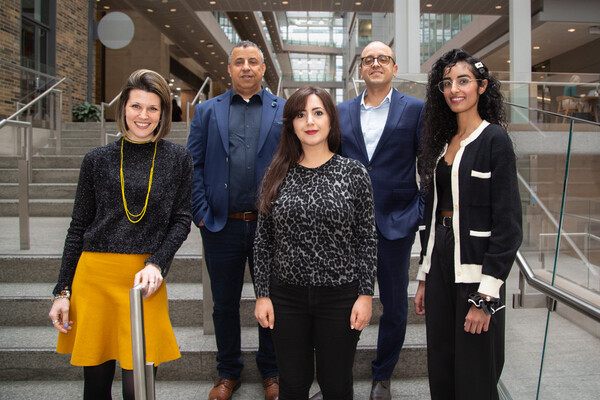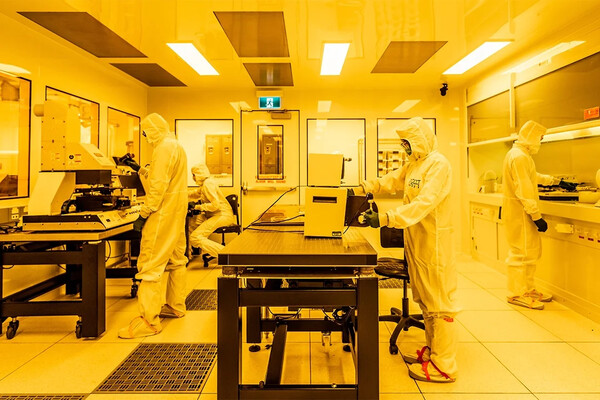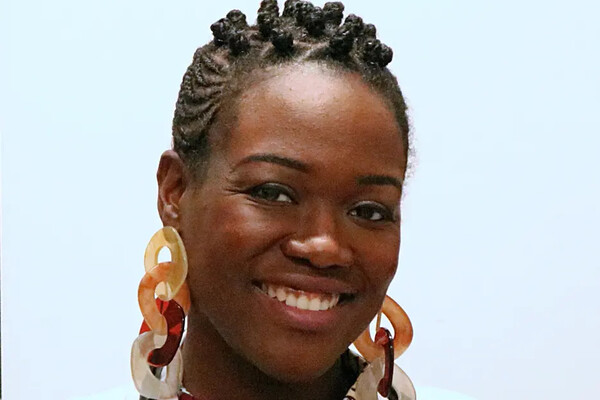Faces of U of T Medicine: Dr. Kevin Imrie
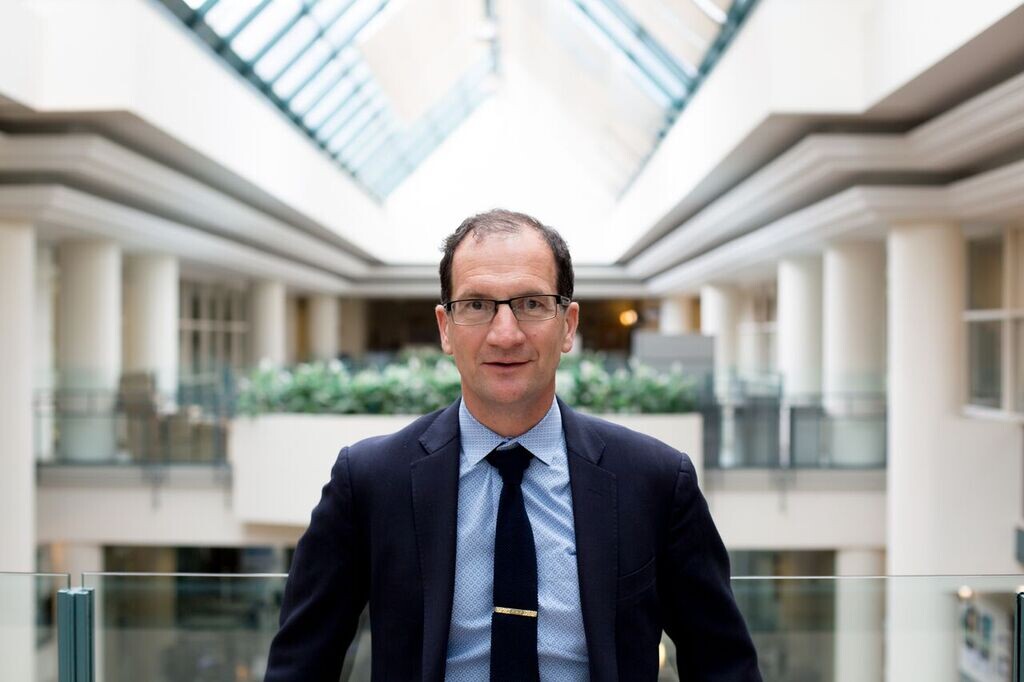
Julia Soudat
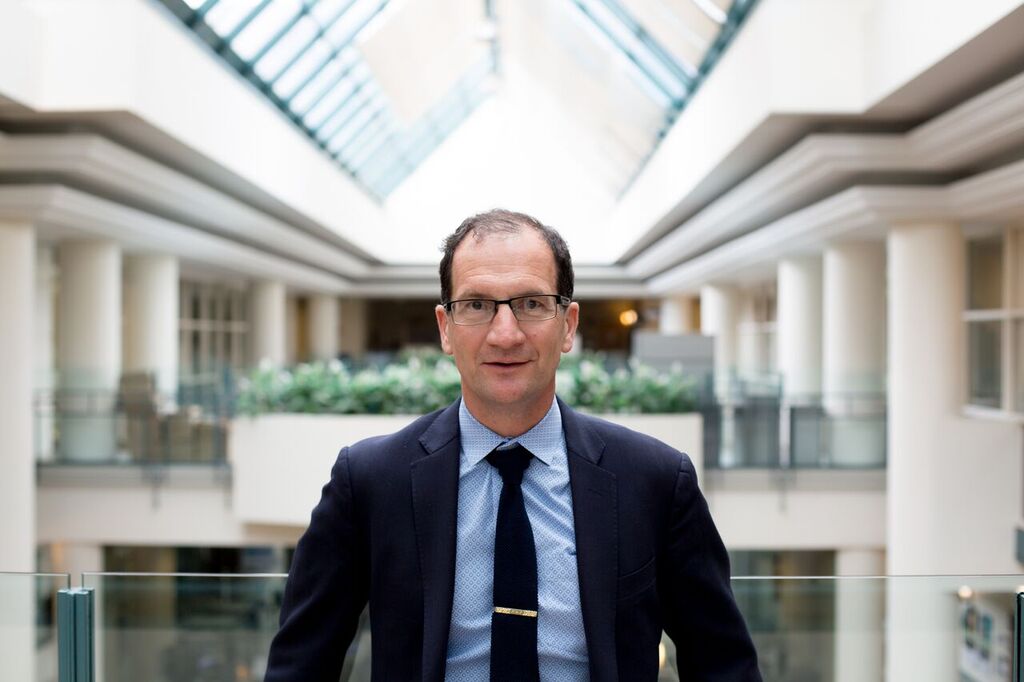 June is Pride Month and we’re profiling some faculty and students that are involved in the LGBTQ+ community. Dr. Kevin Imrie, President of the Royal College of Physicians and Surgeons of Canada and a Professor in the Department of Medicine, talked to us about some of the shortfalls of medical education when it comes to LGBTQ+ issues and how we can work to improve them.
June is Pride Month and we’re profiling some faculty and students that are involved in the LGBTQ+ community. Dr. Kevin Imrie, President of the Royal College of Physicians and Surgeons of Canada and a Professor in the Department of Medicine, talked to us about some of the shortfalls of medical education when it comes to LGBTQ+ issues and how we can work to improve them.
Tell us about your focus on medical education and what drew you to it?
I started my medical career as a clinical trial researcher, doing a fellowship in bone marrow transplantation and clinical trials in lymphoma and bone marrow cancers, shifting to predominantly to a teaching role over time. I was asked to take on coordinating the core curriculum for the hematology residency program and it was in doing that that I realized that there was a lot of potential for me to make a real impact and to improve the education experience for our residents. I was increasingly drawn to medical education through a number of leadership roles as Program Director, Vice Chair of Education in the Department of Medicine at the University of Toronto, as well as work with the Royal College.
What are the potential shortfalls in training that might impact how care is delivered to LGBTQ+ communities?
While there has been significant progress in recent years, our current curriculum does not adequately prepare doctors to meet the needs of LGBTQ+ patients. Historically, there hasn’t been much time in the core curriculum to address the health concerns of trans patients, for example. Trans patients face particular barriers, among them knowledge and attitudinal barriers. I think that many physicians – even those who are accepting of trans people – feel that they have knowledge gaps in terms of knowing how best to deal with trans health-related issues and how best to advise them. Beyond those core knowledge issues, there are still attitudinal barriers in the healthcare system and in society in general. It’s amazing to see the progress that has been made in a short period of time in acceptance for trans people and LGBTQ+ people in general, but it’s far from sufficient. It’s understandable that LGBTQ+ and particularly trans people feel uncomfortable and uncertain about how they’ll be accepted in the healthcare system and that’s an additional barrier.
How does medical education need to change to better address LGBTQ+ issues?
It’s important to continue to advocate for the acceptance of LGBTQ+ people and make sure that’s role-modeled in our faculty. Having mentors available amongst peers and faculty that are comfortable and available to discuss these issues with our learners is necessary. We need to be more than just tolerant and welcoming – it’s important to go out of our way to be seen as being so. Even where there is acceptance, if it’s not publicly known, then LGBTQ+ students, residents and faculty could still feel uncomfortable about how they will be perceived if they come out in the workplace.
We need to go beyond simply the medical needs of LGBTQ+ patients (though we still need to do a better job of this). We also need to make sure our graduates are welcoming of diverse experiences, in particular of those outside of the heteronormative experience. Some students – especially those from smaller communities – may have never had much to do with LGBTQ+ individuals. Just getting to know people and their stories is imperative. It’s important to make sure there’s sufficient time in the curriculum to really expose our medical students and residents to unique healthcare issues. With respect to trans people in particular, there are greater complexities in terms of understanding the process of transitioning, the needs of individuals who have transitioned and that transitioning means different things for different people.
How has thinking about LGBTQ+ health issues changed within the medical profession over your career?
I started my medical training in the AIDS era and witnessed pretty blatant evidence of disrespect for LGBTQ+ patients (and the rare out LGBTQ+ health care workers). Things have changed dramatically, but patients and learners still face barriers, both actual and perceived. As a gay man who came out later in life, I found the hospital and university environments to be unreservedly welcoming, but I still faced apprehension about coming out in the work place and how I would be perceived. That anxiety and uncertainly is in itself a barrier. We need to do better in going out of our way to be visible allies in order to be welcoming.
Toronto is celebrating its first Pride Month this year. Do you have any plans to celebrate or participate?
Pride is an important weekend for me. I run every year in the Pride Run and have helped organize this year. I will also be marching again in the parade with the LGBTQ+ Doctors and Allies. My daughter will be part of the Trans March and I will be cheering her along.
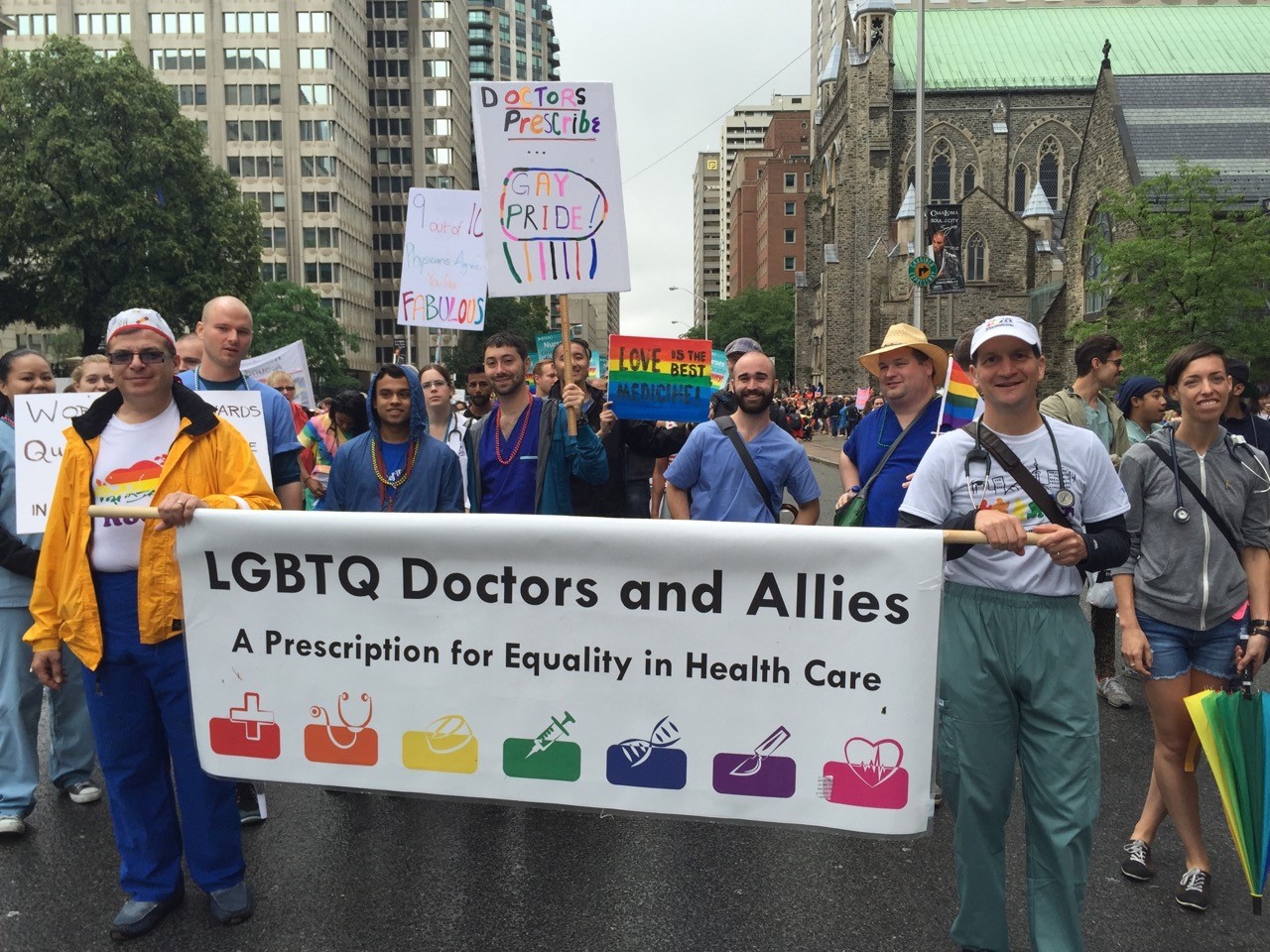
Faces of U of T Medicine introduces you to some of the interesting people studying in the Faculty of Medicine. From advising political leaders to providing care to Toronto’s most vulnerable populations, our students are making an impact on communities at home and around the world.
Do you have an interesting story to share? Contact us at medicine.communications@utoronto.ca.
News
